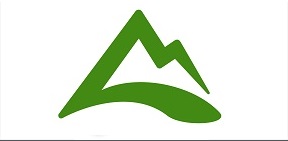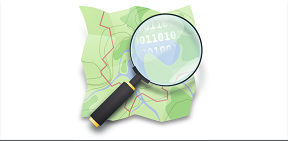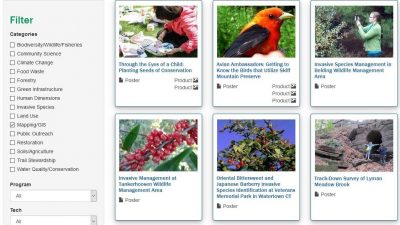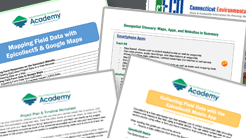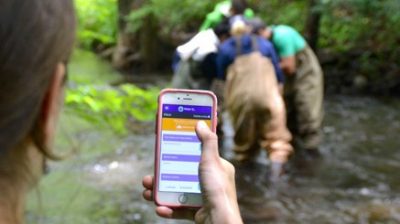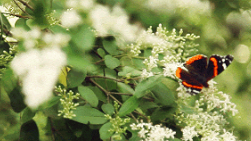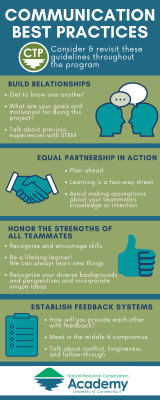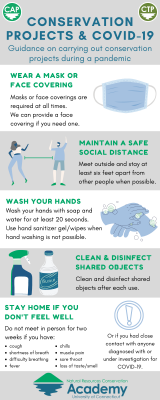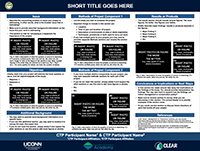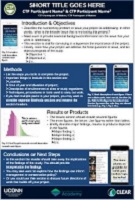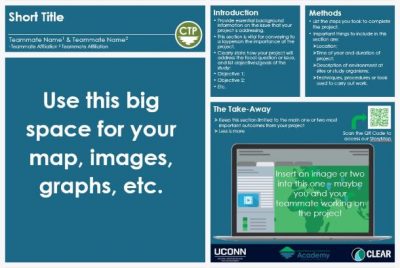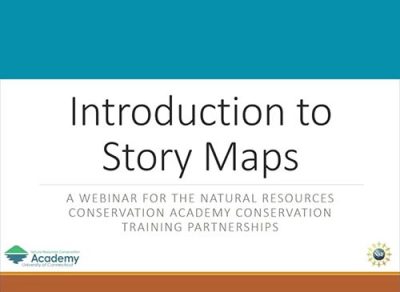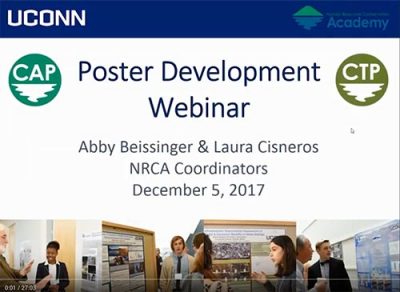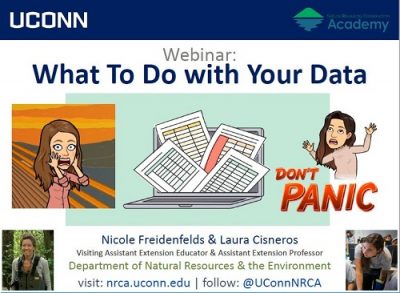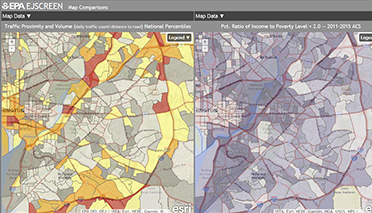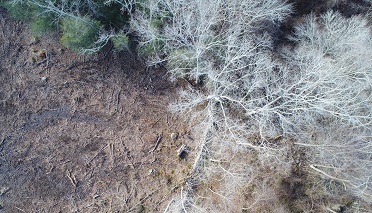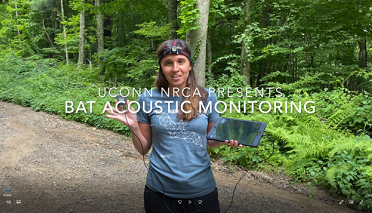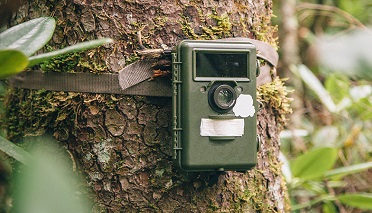
Conservation Training Partnerships
Two-day workshop for high school students and adult volunteers that introduces mapping tools and technology that can be used to address current environmental issues. After the workshop each teen-adult team carries out a community environmental action project.
About CTP
The Conservation Training Partnerships (CTP) program partners teens and adult community volunteers, and supports their conservation efforts by providing training during a two-day outdoor field workshop and guidance as they conduct a local conservation project of their choosing.
Teams of teen and adult participants are paired prior to the workshop. During the workshop, each team learns how they can apply innovative, user-friendly mapping and web technology to address local conservation issues through hands-on fieldwork. After the workshop, the team carries out a conservation project that addresses a local environmental issue in their hometown using their new toolset.
The projects are developed by the team at the workshop and CTP instructors provide support to help the team along the way. Teams are invited to showcase their accomplishments in the form of a poster, StoryMap or video at an event in March of the following year.
• RETIRED/INACTIVE PROGRAM •

Program Elements
CTP partners teens and adult community volunteers and supports their conservation efforts by providing training during a two-day outdoor field workshop and guidance as they conduct a local conservation project of their choosing.
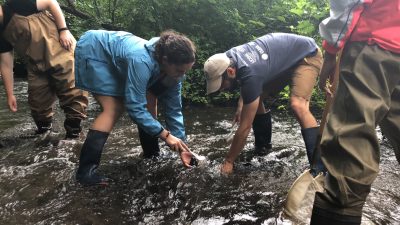
Teams
Intergenerational (teen-adult) teams are the "magic" of CTP - each team member contributes their own unique and valuable experiences, skills and interests. Teams are paired prior to the workshop, and can be made up of folks who already know each other, such as student/teacher teams or family teams. We do our best to match applicants who don't have a teammate in advance with a partner in or near their community.
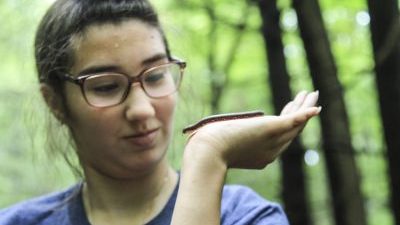
Workshop
Participants learn about the practical approaches to conservation through the use of mapping technologies. Teams collaborate to create interactive maps using GPS mobile apps and geo-referenced web surveys that can be used for data collection, and practice using these mapping and web tools in the field during various field activities. Time is also spent developing and tailoring conservation projects to each team's interests and time availability.
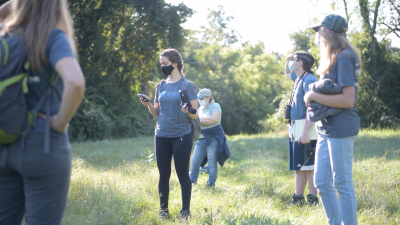
Project
As a team, teen and adult CTP participants apply their new knowledge and tools to address a local conservation project or environmental action. Team projects vary in topic, duration and intensity. Each spring, participants have the opportunity to showcase their accomplishments at a regional conference. Select teams are interviewed during multiple periods of the project by researchers studying the importance of intergenerational learning.

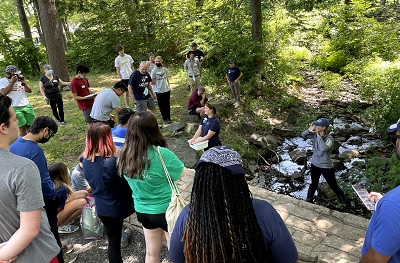
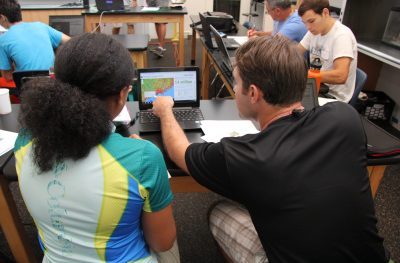
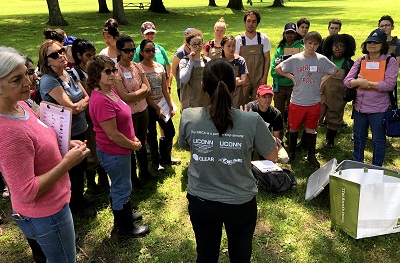

Program Resources
Workshop Activities, Tutorials & Technology Resource Guides
|
|
|
|
|
|
|
|
|
|
Project Resources
|
|
|
|
|
|
|
|
Poster Templates
|
|
|
|
Webinars
|
|
|
|
Additional Resources
|
|
|
|
|
|
|
|
|

CTP At-a-Glance
206
Participants
83
Schools
105
Towns
79
Projects












Instructors
Name
Position/Title
Department/Affiliation

Chester Arnold
Extension Educator and CLEAR Director
Department of Extension; Center for Land Use Education and Research
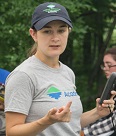
Cary Chadwick
Geospatial Training Program Coordinator
Department of Extension; Center for Land Use Education and Research
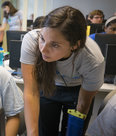
Laura Cisneros
Assistant Extension Professor
Department of Natural Resources & the Environment; Institute of the Environment
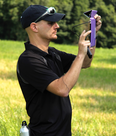
Dave Dickson
NEMO Co-Director and Mobile Mapping Educator
Department of Extension; Center for Land Use Education and Research
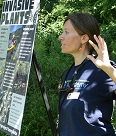
Nicole Freidenfelds
Visiting Assistant Extension Educator
Department of Natural Resources & the Environment
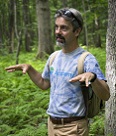
John Volin
Vice Provost for Academic Affairs and Professor
Office of the Provost; Department of Natural Resources & the Environment
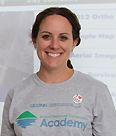
Emily Wilson
Geospatial Educator
Department of Extension; Center for Land Use Education and Research

Program Funding

NRCA’s Conservation Training Partnerships is funded by a grant (AISL-1612650) from the National Science Foundation Advancing Informal STEM Learning program. STEM is short for Science, Technology, Engineering and Math, and STEM education is seen by the U.S. Department of Education and many others as critical to maintaining and enhancing America’s global leadership and economic health.
The material on this webpage is based upon work supported by the National Science Foundation under Grant No. 1612650. Any opinions, findings, and conclusions or recommendations expressed in this material are those of the author(s) and do not necessarily reflect the views of the National Science Foundation.

